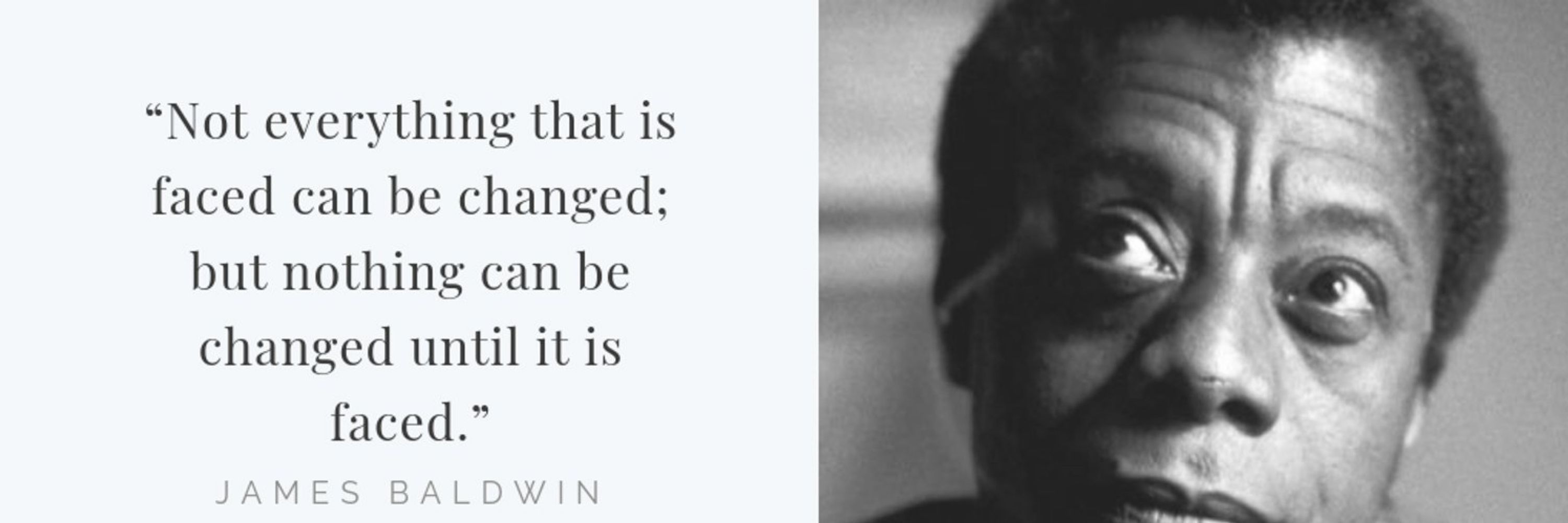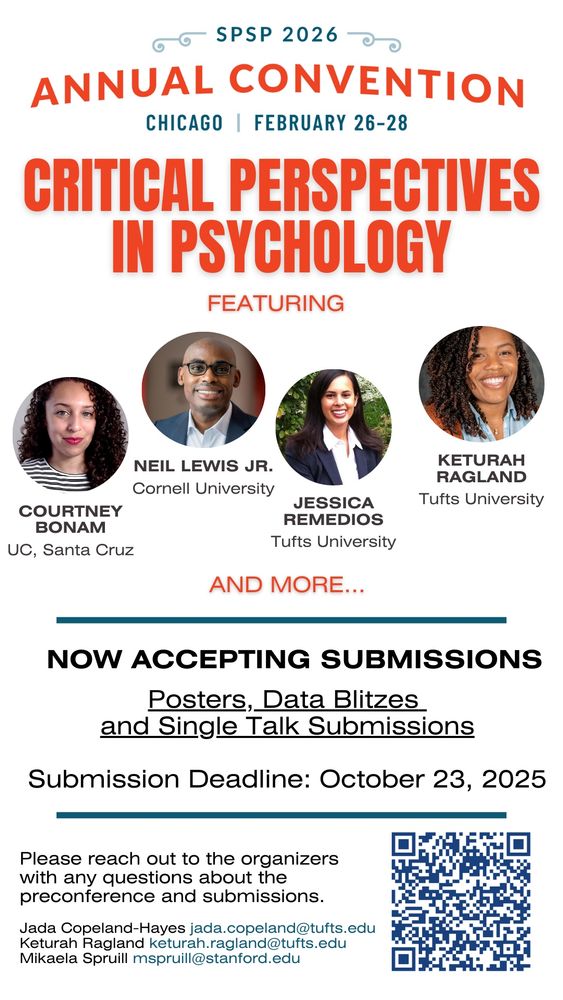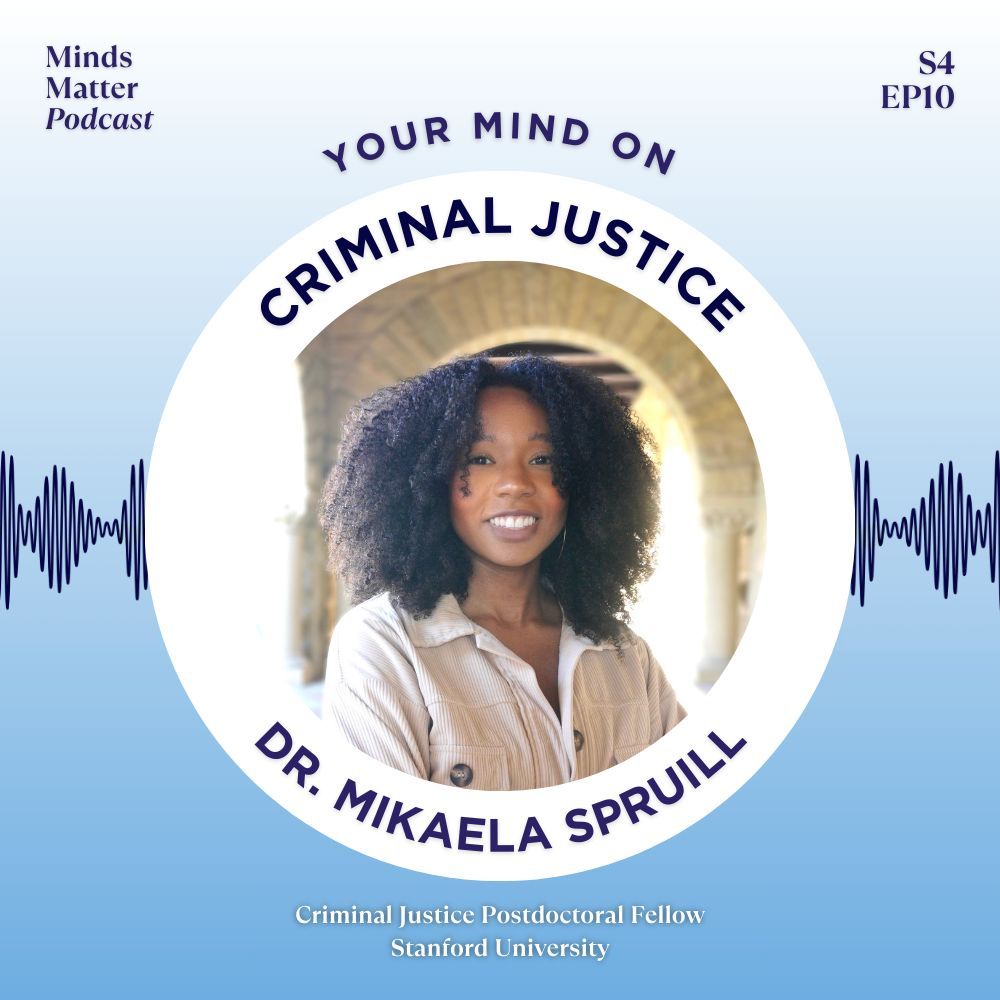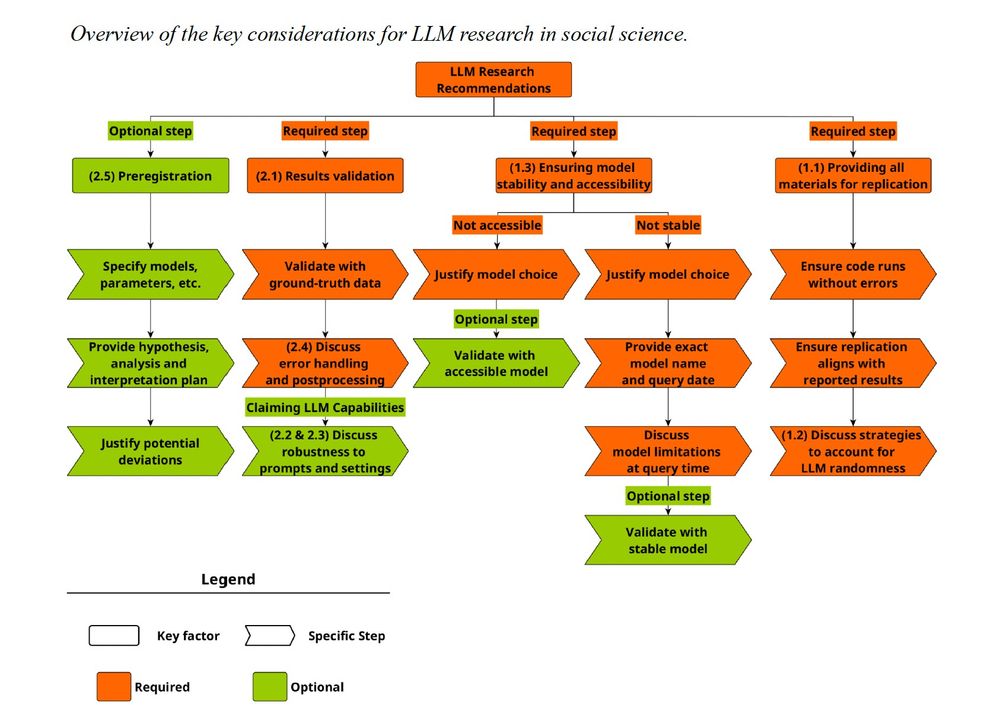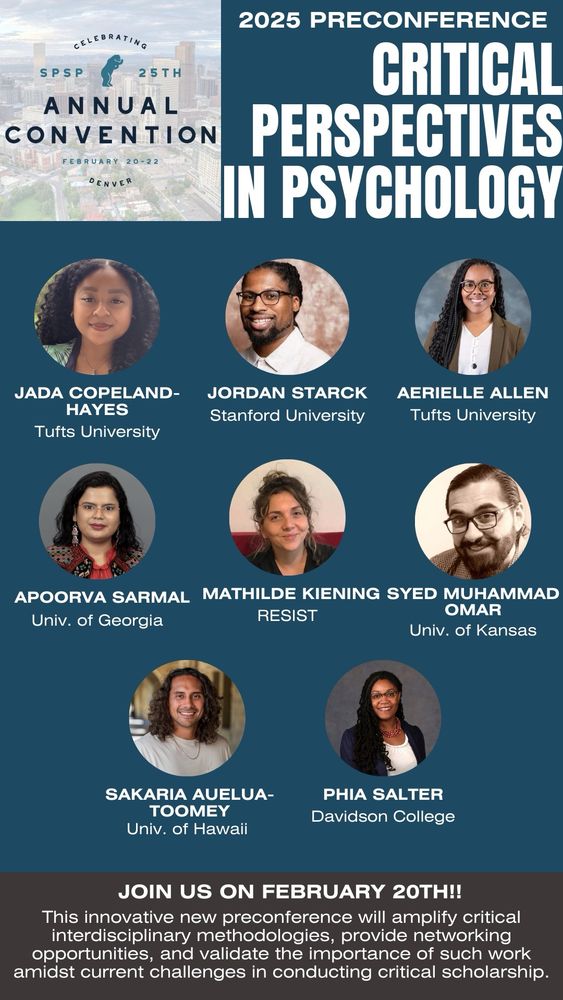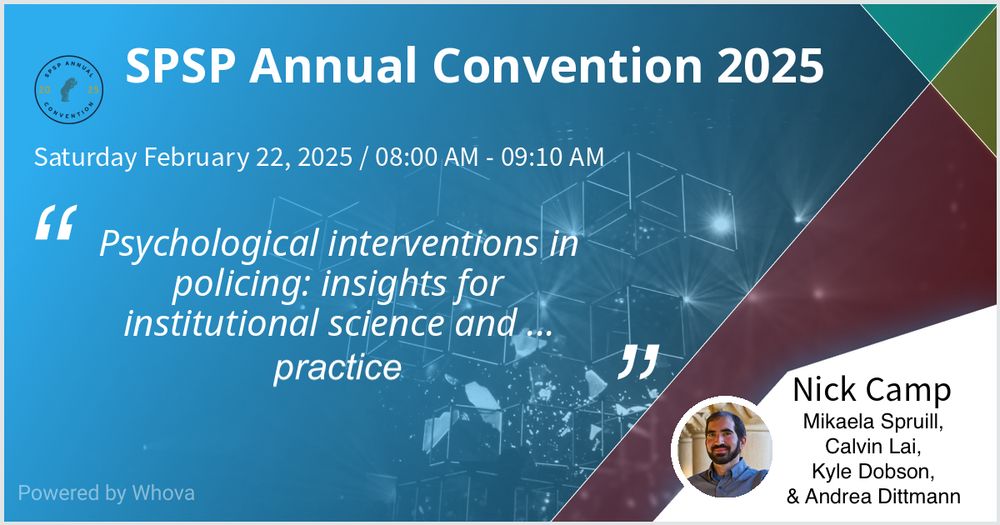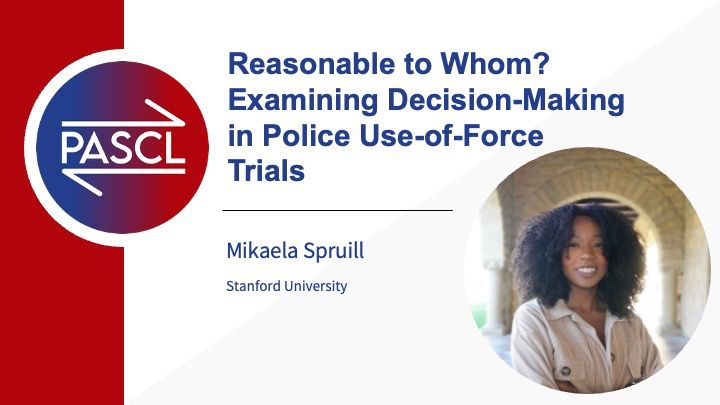Mikaela Spruill
@spruill.bsky.social
5K followers
430 following
29 posts
Criminal Justice Postdoc at SPARQ @ Stanford | Cornell Psych Ph.D. | 1913 | Examining how individual judgments & decisions sustain systemic racial inequities | she/hers
mikaelaspruill.com
Posts
Media
Videos
Starter Packs
Reposted by Mikaela Spruill
Reposted by Mikaela Spruill
Reposted by Mikaela Spruill
Reposted by Mikaela Spruill
Reposted by Mikaela Spruill
Mikaela Spruill
@spruill.bsky.social
· Mar 31
Reposted by Mikaela Spruill
J. Nathan Matias
@natematias.bsky.social
· Mar 11
Reposted by Mikaela Spruill
Reposted by Mikaela Spruill
Reposted by Mikaela Spruill
Reposted by Mikaela Spruill
Reposted by Mikaela Spruill
Mikaela Spruill
@spruill.bsky.social
· Feb 17
Reposted by Mikaela Spruill
Reposted by Mikaela Spruill
